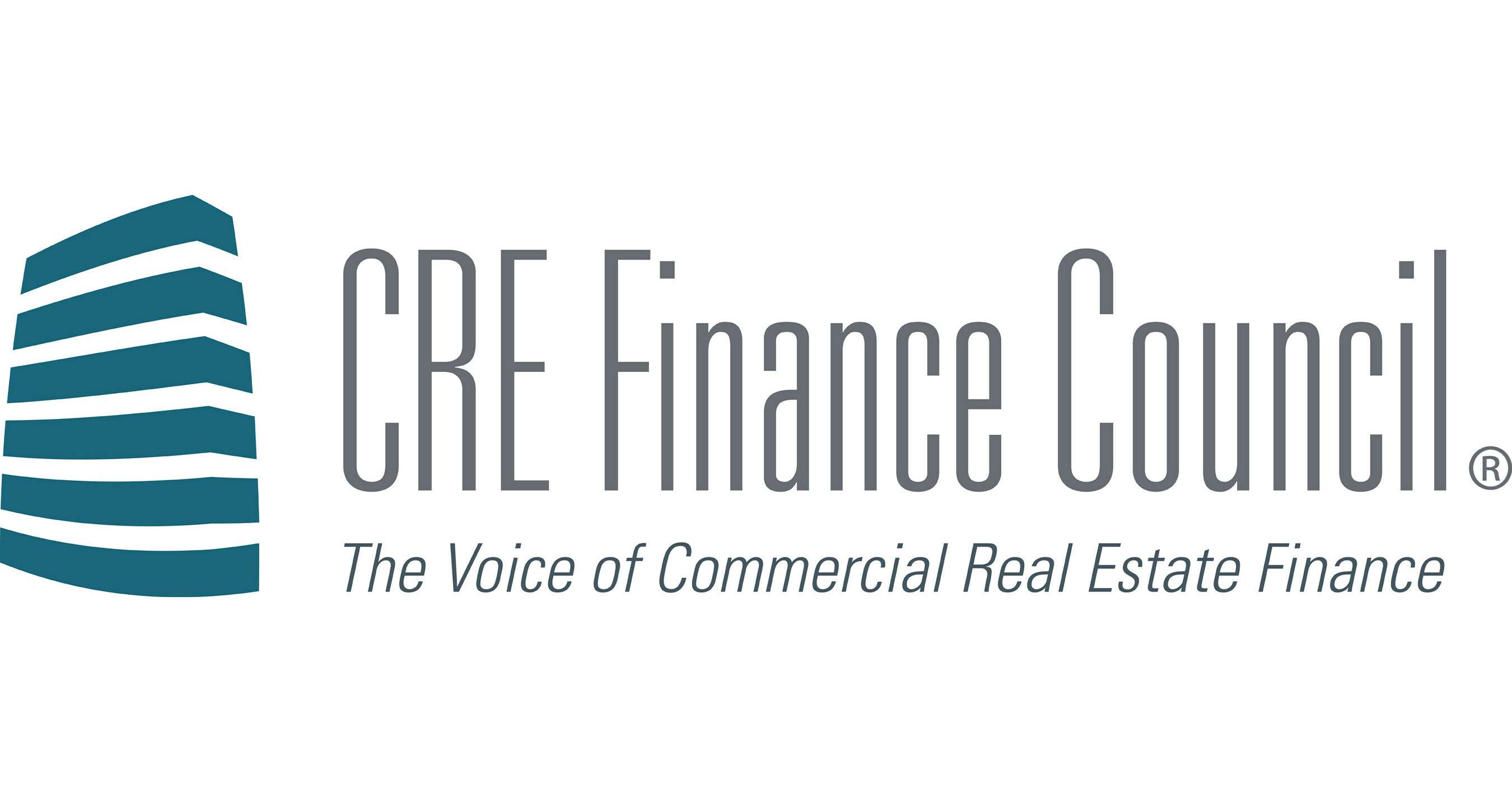R
ISMedia’s 37th Annual CEO & Leadership Exchange hosted a panel on the Clear Cooperation Policy (CCP) last week, drawing top industry leaders to debate its role in fostering consumer trust. The session, titled “The Future of Clear Cooperation and What It Means for Real Estate,” featured CRMLS CEO Art Carter, REsides CEO Colette Stevenson, Fathom Holdings CEO Marco Fregenal, and eXp Realty SVP Holly Mabery, with Charlie Oppler of Prominent Properties moderating.
Panelists underscored that the CCP’s primary goal is to deliver transparent, accurate information to buyers and sellers. “Truth and transparency are the best for consumers,” Stevenson said, urging brokers to be equipped with reliable data and technology. Carter noted the challenge of enforcing uniform rules across a fragmented brokerage landscape, emphasizing the need for flexibility while maintaining core transparency principles.
Fregenal warned that well‑intentioned policies could trigger unforeseen legal risks. “We’re trying to satisfy every consumer, but that’s impossible,” he remarked. “The majority’s best interests must guide our decisions.” Mabery highlighted the trust erosion that occurs when agents cannot immediately share details about a property, stressing the importance of real‑time access to listings.
The discussion also explored whether MLSs or brokerages should enforce the CCP. Many panelists argued that MLSs are better positioned to standardize enforcement, citing inconsistencies in current interpretations. Others suggested a mandatory rule set across all MLSs to ensure uniformity.
A significant point of debate was the potential separation of MLSs from Realtor® associations. Proponents believed detaching the MLS could allow it to adapt more swiftly to local broker and agent needs, while opponents cautioned about legal ramifications and the necessity of a national framework.
Throughout, the panel acknowledged the real estate industry’s need for continuous evolution—both in policy and professional standards—to meet shifting consumer expectations and technological advances. While no definitive solutions emerged, the conversation underscored a shared commitment to balancing transparency, flexibility, and regulatory compliance as the market moves forward.














